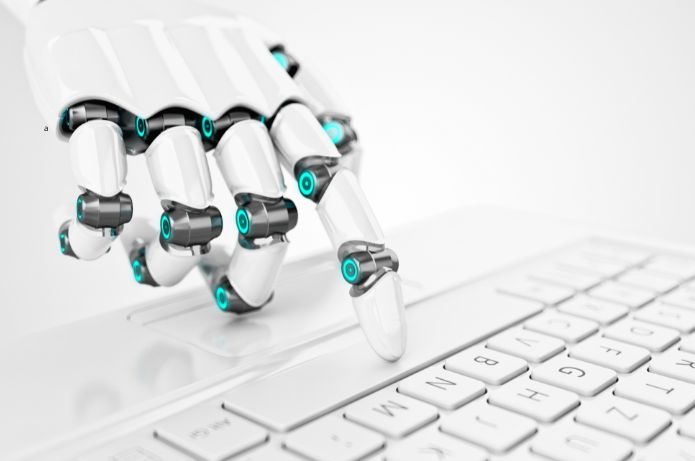The public debate about artificial intelligence (AI) often gets lost in extremes: the euphoria over total automation or the fear of job replacement. The real urgency, however, lies in human oversight. AI models, based on probabilities, have inherent margins of error but are increasingly used in critical contexts—from finance to healthcare—without proper scrutiny. This practice is not just risky; it’s technically flawed. Without rigorous validation, blind trust in AI can lead to serious failures with ethical, legal, and operational impacts. Human oversight isn’t an accessory—it’s the foundation for responsible and sustainable technology use.
The limits of AI are evident in practical applications. A study by Stanford University and GitHub Copilot (2023) found that 45% of AI-generated code contained vulnerabilities or violated good development practices. Even when AI appears to work, questions remain: the solution may not be secure, may fail to comply with regulations, or may misalign with business goals. Without rigorous testing and continuous validation, any output is mere speculation.
Belief in AI’s infallibility is fueled by marketing hype and unrealistic expectations, but it ignores a fundamental truth: the technology relies on humans to interpret, adjust, and correct its outputs. In regulated sectors like law, the absence of oversight may violate laws like Brazil’s General Data Protection Law (LGPD), which requires transparency in automated decisions. A McKinsey report (2023) found few companies fully prepared for widespread GenAI adoption—or, more accurately, for the risks these tools pose. Only 21% of respondents who reported AI adoption said their organizations had guidelines for team usage. In healthcare, the World Health Organization (WHO, 2023) warned that unsupervised AI systems could generate incorrect guidance, breach personal data, or spread misinformation.
Oversight, however, faces significant challenges. The belief that AI is infallible reflects a distortion fueled by both marketing narratives and unrealistic expectations. The talent shortage is also critical: a recent Bain & Company survey in Brazil found 39% of executives cited a lack of in-house expertise as the top barrier to generative AI adoption—even surpassing data security concerns.
This isn’t about denying the technology’s substantial advances but recognizing that it still depends—and will continue to depend—on professionals capable of interpreting, adjusting, and, when necessary, correcting its outputs. Especially in regulated or high-impact sectors like finance, law, or healthcare, the absence of technical and ethical oversight can lead to severe legal and operational consequences. A Brasscom study highlights this shortage: Brazil graduates only 53,000 IT professionals annually, while demand between 2021–2025 will require 797,000 skilled workers.
Global initiatives point the way forward. The UN’s methodology for ethical AI use recommends human oversight throughout a system’s lifecycle, from design to deployment. Companies like Salesforce exemplify this: their Einstein platform uses ethics committees to audit algorithms. This approach shows oversight isn’t just technical but strategic, requiring transparency, accountability, and investment in upskilling.
AI has the power to transform industries, but without human oversight, its potential is overshadowed by ethical, legal, and operational risks. Cases like financial fraud and potential medical errors prove blind trust in technology is unsustainable, while Salesforce demonstrates how robust governance can maximize benefits and minimize failures. By 2025, the AI debate must prioritize oversight as a pillar of responsible innovation, addressing challenges like cost, talent shortages, and cultural resistance. Leaders, companies, and regulators must build systems that combine AI’s power with human judgment—ensuring technology amplifies progress, not problems. The future of AI isn’t blind automation but intelligent collaboration, and it’s our responsibility to shape it with clarity, ethics, and commitment.


